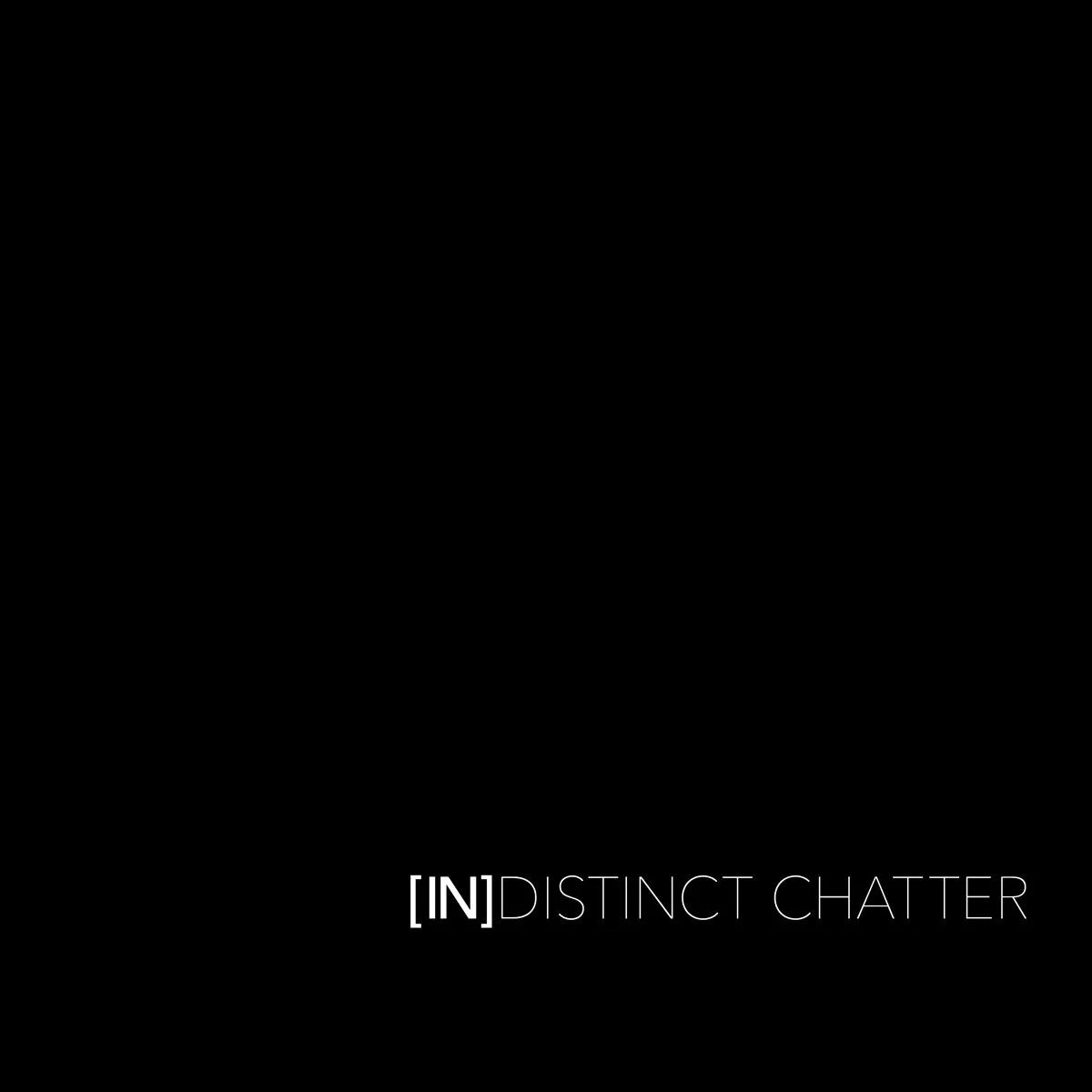
Value and Future-Ready Schools
Future-ready schools, it could be argued, exhibit three characteristics: (1) they know who they are and what they stand for, (2) they are fixated on speed and simplicity, and (3) they are obsessed with scaling up their ability to learn, innovate, and seek good ideas, irrespective of the origin of those ideas. So say co-authors Aaron de Smet, Chris Gagnon, and Elizabeth Mygatt in a recent article on future-ready organizations in Rotman Management. Although the co-authors were talking about companies, the characteristics of traditional hierarchies are to be found in schools inasmuch as they are found in companies, and the aforementioned characteristics could just as easily be in future-ready schools. Ultimately, this is about value: knowing what your families value, and obsessing about delivering that value.

Lack of Managerial Competence
Inasmuch as the pandemic has brought out the best in many heads of school (and, thankfully, their teams), it has also managed to shine a spotlight on a number of leaders who have been catechised by means of leadership workshops and leadership development programmes into believing that an individual with vision and an ability to inspire others is what defines a school leader. The cottage industry that supports and promotes leadership development in this vein, irrespective of whether it is stated explicitly, focuses on the difference between management and leadership (oft-used statement attributed to Drucker: management is doing things right, leadership is doing the right things), to the detriment of competence in management.

On Monoculture
As I spoke with others at our table, I became increasingly uneasy, until finally I realised what was gnawing at me: if all of us (schools, educational leaders, teachers, etc.) were to adopt this tack, wouldn't all schools essentially look the same? Wasn't this an effort to homogenise education? The homogenisation of education is something I've been watching for years.

Compassionate Systems Framework
Listen to the principal of the British School of Jakarta, David Butcher, share his school's journey into the MIT Compassionate Systems Framework since 2018.

Competing Commitments
It has been a consistent narrative in education conferences for the past ten to fifteen years: "we need to become more agile, more innovative, more digital, adopt a growth mindset, and focus more on the user..." I have attended a fair number of conferences during this time period, and I think that all of them have featured speakers and workshop leaders who repeat either this exact mantra or something quite close to it.